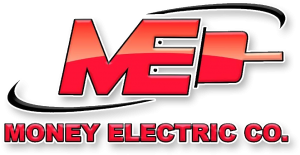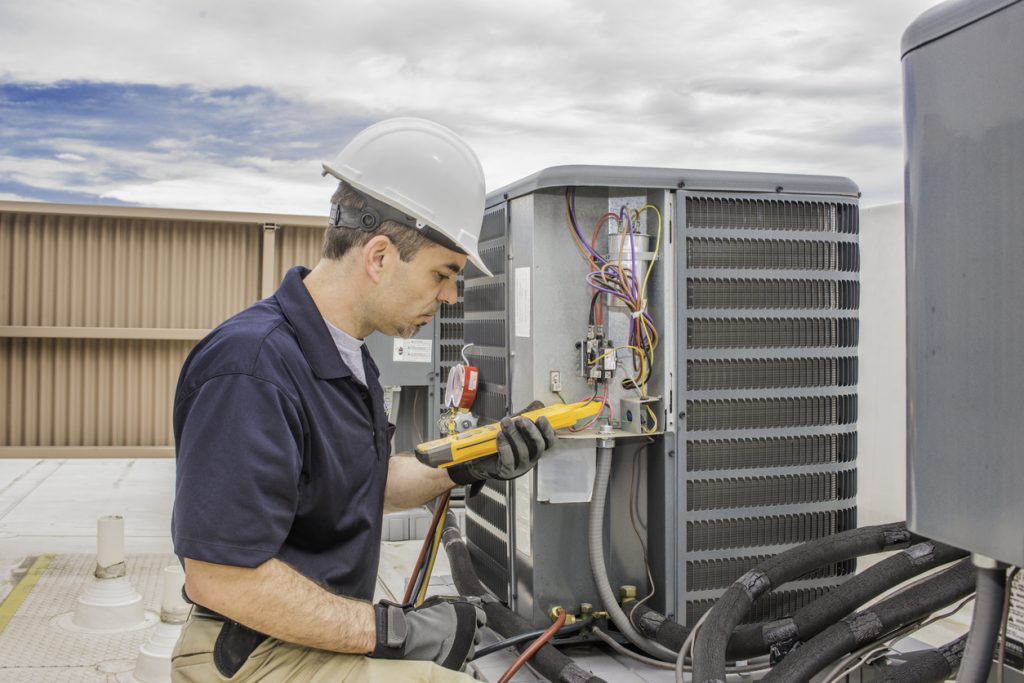Generators are invaluable tools that provide us with electricity during power outages or in remote locations. While they’re incredibly useful, they also pose certain risks if not operated and maintained properly. To ensure the safety of yourself and those around you, it’s crucial to be aware of essential generator safety tips that can prevent accidents and potential hazards.
1. Proper Placement
The location of your generator plays a significant role in ensuring safety. It should always be placed outside the house, ideally in a well-ventilated space. Generators emit carbon monoxide, a colorless and odorless gas that can be fatal if inhaled in large amounts. Keep the generator away from windows, doors, and vents to prevent carbon monoxide from entering your living spaces.
2. Ventilation
As mentioned, proper ventilation is essential. Never operate a generator in an enclosed or partially enclosed space, such as a garage or basement. The buildup of exhaust fumes can quickly become dangerous. Make sure the generator is positioned in an open area with adequate airflow to dissipate exhaust gases.
3. Grounding
Generators should be properly grounded to prevent electrical shocks and fires. Follow the manufacturer’s guidelines for grounding the generator, and if in doubt, consult a professional electrician. Avoid using the generator in wet conditions or on damp surfaces to further reduce the risk of electrical hazards.
4. Regular Maintenance
Proper maintenance is key to generator safety. Follow the manufacturer’s maintenance schedule, which includes tasks such as oil changes and air filter replacements. A well-maintained generator is more reliable and less likely to malfunction, reducing the risk of accidents.
5. Fuel Safety
Handle generator fuel with care. Turn off the generator and allow it to cool down before refueling to prevent accidental fires. Keep fuel in approved receptacles in a well-ventilated space outside, such as a detached garage or maintenance shed. Additionally, never store fuel near the generator itself.
6. Load Management
Generators have a specific wattage capacity that shouldn’t be exceeded. Overloading a generator can lead to overheating and potential equipment damage. Prioritize your essential appliances and connect them to the generator based on their power requirements. If you’re unsure about the wattage of an appliance, refer to its label or consult an electrician.
7. Cords and Outlets
Use heavy-duty extension cords designed for outdoor use to connect appliances to the generator. Make sure the cords are in good condition and free of cuts or frays. Avoid running cords through doorways or windows where they can be pinched or damaged.
Consult a Pro Today!
If you’re ever unsure about any aspect of generator use, it’s always a good idea to consult the manufacturer’s guidelines or seek advice from a professional electrician. For professional guidance and thorough generator inspections, contact Money Electric in Conway, AR today to schedule installation of generators.

